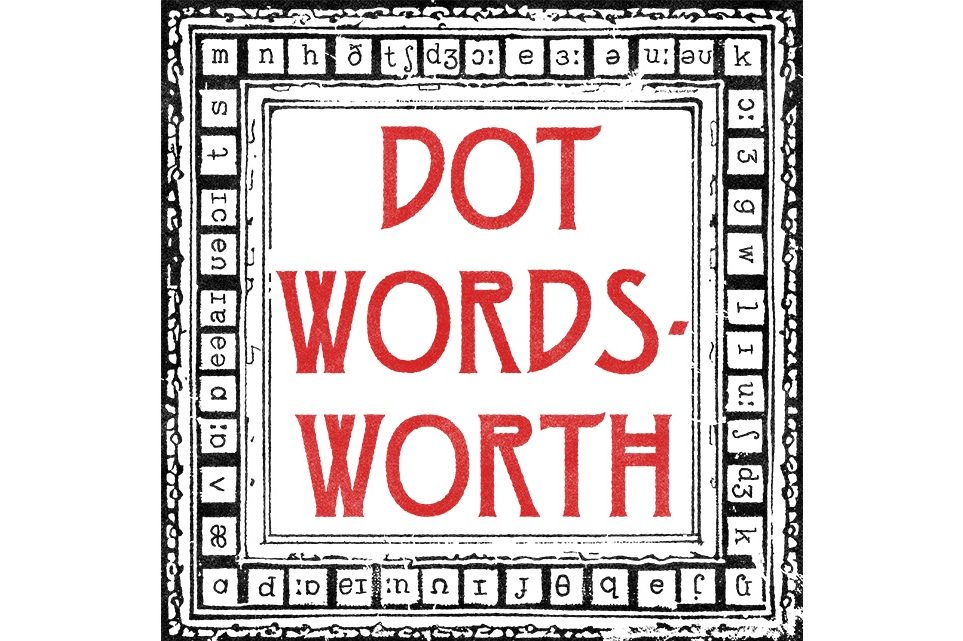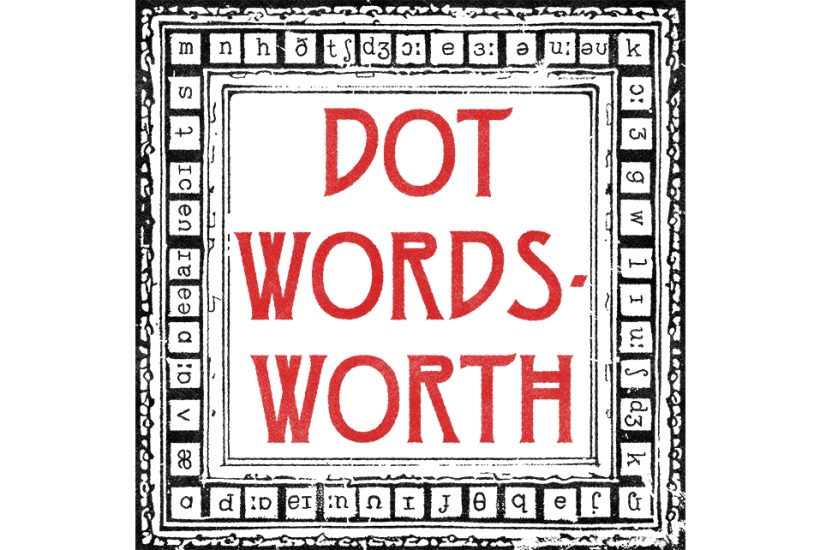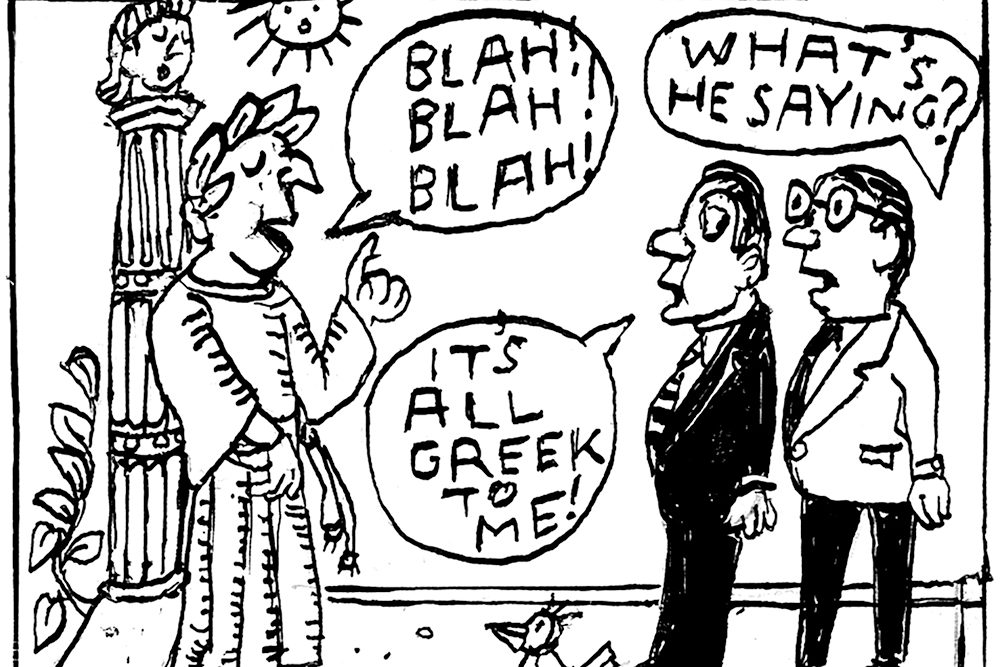I have set my husband a Christmas game. He wins a small chocolate sprout each time he spots a word in my list of Twelve Days of Christmas Hates. He does not like chocolate sprouts but Veronica’s children do, so they will be pleased by a goodly heap of them by Boxing Day.
12. Outside Starbucks a sign declared: “The holiday icons you’ve been waiting for are back!” The icons were things like gingerbread latte, indicating that holiday meant “Christmas,” an unpleasant usage from America, where holidays are rare and they have invented one called Kwanzaa in case anyone feels left out. It just happens to be at Christmas. Besides being a religious image, icon now means a symbol on a computer screen. I dislike the attempt to make it mean “star,” as in a “gay icon.”
11. “The protestors sat or laid down,” said a newspaper report when it meant “lay.” We have lost this battle. English speakers are incapable of distinguishing the forms of lie and lay.
10. I read that the King and Queen of Spain were “pelted with mud and rocks.” The author meant “stones,” not “rocks,” which are bigger and more deadly in Britain than they are in America.
9. In Donald Trump’s previous administration, “some of his nominees took multiple years to be confirmed,” a report said. Multiple can mean “many,” but there are only four years in a US administration. The writer could have left out multiple —”took years” — and have made the same point. Multiple is ousting several and is useful to a speaker who wants to imply a large number but has only two.
8. Mar-a-Lago is the epicenter of Trump’s power, I heard. An earthquake has an epicenter, the point on the surface above its subterranean focus. Epi– signifies “upon.” Most other things have centers, and it doesn’t diminish the importance of Mar-a-Lago to say it is a center of power.
7. A BBC headline online said: “Church of England could have inquired with more urgency, reverend says.” Reverend should not be used as a noun meaning “clergyman” unless you are writing the script for a Western.
6. There is a trend for saying “authoring the script for a Western” or any other composition. Perhaps there is a fear that writing might mean “copying out.”
5 An article on people who influenced Coleridge said that one was “likely Robert Southey.” But likely does not mean “probably”; it means “probable” — or in constructions such as likely lad, it means “promising.” Not all words ending in ly are adverbs, nor do all adverbs end in ly.
4. “North Africans are finding more points of cultural commonality with Atlantic Celts.” That is an off-putting way of expressing things. It fits the pattern of academic speech that likes to let language drift into abstractions. A more idiomatic way of talking would be to say “more in common with Atlantic Celts, culturally.”
3. When he died in November we were told that Quincy Jones was “one of the most consequential producers in jazz and pop.” As well as meaning “resultant” (as in consequential damages), consequential has long meant “important.” In 1798 William Hutton, the Birmingham historian, wrote: “No event in a man’s life is more consequential than marriage.” But, for fear of being caught using important as an unsupported subjective claim, everyone has suddenly started to use consequential, as though it had any more objectivity than important.
2. “We will shortly be sharing boarding information,” said an announcement at the airport. They didn’t want, by sharing it, to keep some and let us have some, but to announce, disclose or make known the information. Sharing is annoying because it suggests a warm, caring attitude, seldom present.
1. One person “advocated for a more reasonable timeframe”; another had “advocated for a revolution.” Like activists, these advocates are presumed to be on the side of virtue. To advocate for something is no more than to argue for it, but argument may sound divisive, a quality frowned on. Goodies may also advocate for people, in other words speak in their favor. We all aspire to the condition of human rights lawyers now.
My husband filled a bowl with chocolate sprouts by the second Sunday of Advent. I’m off to fetch fresh supplies.























Leave a Reply